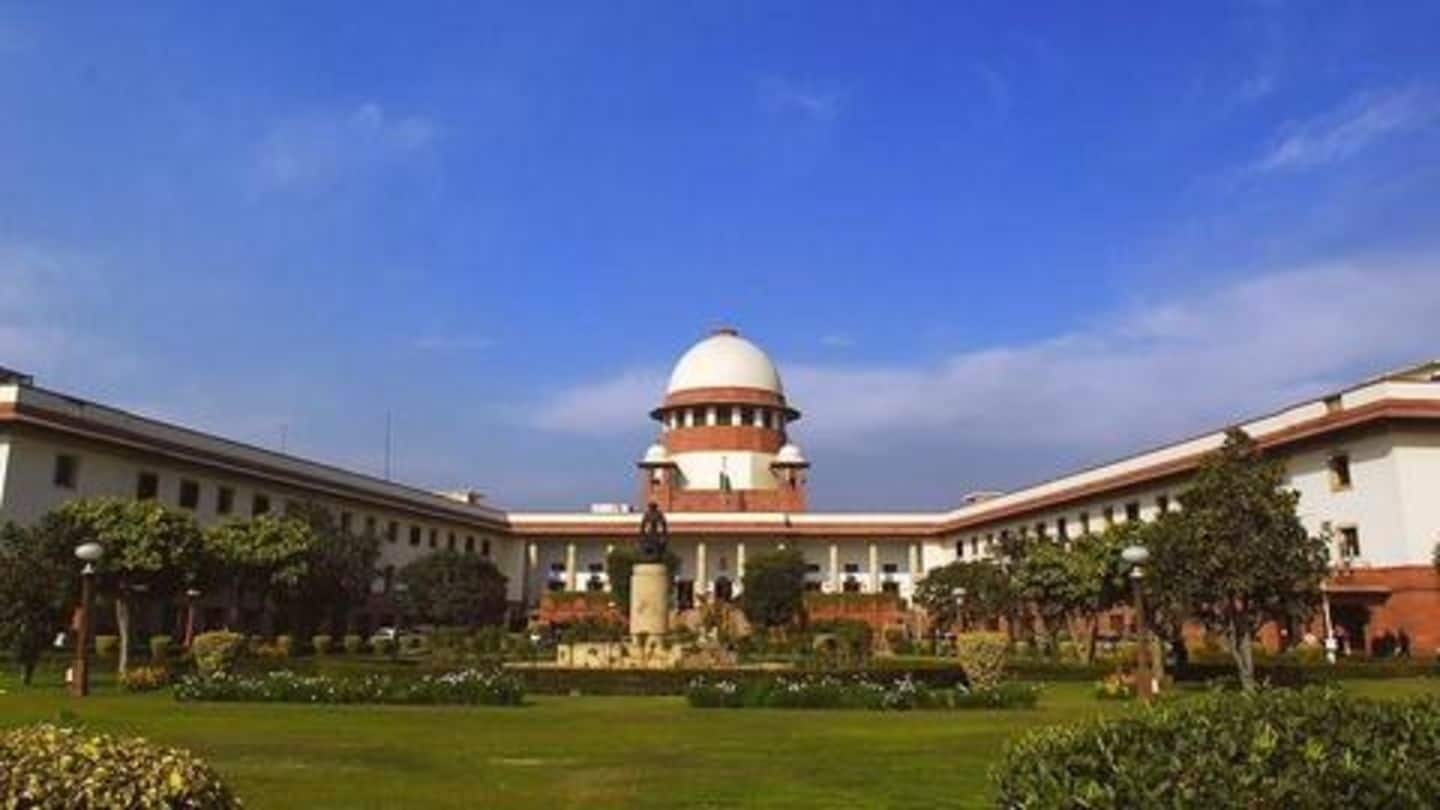
Bhima-Koregaon violence: SC extends activists' house arrest again
What's the story
Following its September 6 decision to extend the house arrest of activists arrested in connection with the Bhima-Koregaon violence, the Supreme Court, on Wednesday, again extended the activists' house arrest till the next hearing, scheduled for September 17. The activists - Varavara Rao, Arun Ferreira, Vernon Gonsalves, Sudha Bharadwaj and Gautam Navlakha - were arrested last month for alleged links to Maoists. Here's more.
Arrest
Backstory: Pune police had arrested the activists in August
The activists were arrested on August 28 by the Pune police for allegedly having a hand in inciting the Bhima-Koregaon violence on January 1 that killed one. Police believe that provocative speeches given during the Elgaar Parishad event sparked the January 1 violence between Marathas and Dalits. However, the arrests were challenged by historian Romila Thapar and her associates in court.
Do you know?
What was the Elgaar Parishad event?
The Elgaar Parishad event was held on December 31, 2017 in Pune to mark the 200th anniversary of the battle of Bhima Koregaon where 500 Dalit soldiers of the British Indian Army defeated 20,000 Peshwas led by Baji Rao II.
Violence
The violent protests of January 1 killed one
Following the Elgaar Parishad event, lakhs of Dalits had gathered to commemorate the Battle of Bhima Koregaon on January 1. However, clashes broke out between Marathas and Dalits, killing one. After the clashes, violent protests erupted across the state, including in Pune, Nagpur, Baramati, Aurangabad, and Thane. Police later said that investigations had revealed Maoist involvement in the financing of the Elgaar Parishad event.
House arrest
Why the Supreme Court ordered house arrests for the activists
While Maharashtra police claimed that the arrests were made for the activists' links to Maoists, Thapar and co alleged that the arrests were a crackdown on dissent. Subsequently, the Supreme Court ordered that the activists be kept under house arrest, observing that "Dissent is the safety valve of democracy and if you don't allow these safety valves, it will burst."